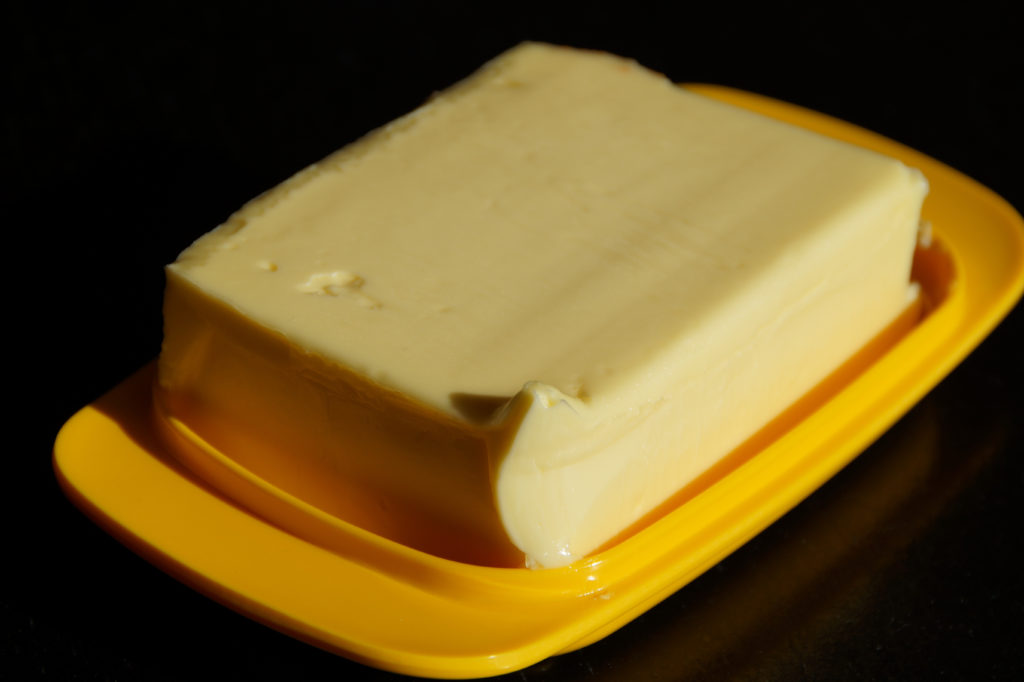It seems like fat is getting a bad rap lately. The grocery store shelves are filled with “low fat” and “light” products. These products have less fat and often less calories, so they must be the best option for weight loss and overall health, right? Probably not. When the fat is stripped from a food where it naturally occurs, something must be added back in to keep the texture or taste the same. This is usually sugar, artificial ingredients, or processed fillers. So what is the best option? Eat whole, minimally processed foods in their natural state that your body can recognize and process efficiently.
Your body needs fat for daily processes essential to life. Fat is essential for brain health especially. 60% of the brain is made up of fat, much of which from fatty acids only found only in our diet. Although the brain only weighs a few pounds, 25 % of blood from each heartbeat goes to the brain . Research shows a diet high in overall fat compared to carbohydrates, especially omega-3 fats, has been shown to increase scores on tests for memory, psychomotor speed, cognitive flexibility, and overall cognition, decrease risk of Alzheimer’s and dementia, and enhance mood and decrease risk of depression. A diet higher in unsaturated fats also reduces the risk of stroke and heart attack by improving blood flow, reducing blood clot formation, decreasing triglycerides in the blood, inhibiting the growth of plaque, and reducing inflammation. Research has shown that it isn’t necessary how much fat in the diet, but the quality of fat in the diet that plays a role in chronic disease.
So how do you determine if the fat you are eating is a high quality fat?
Choose most often:
- Coconut and Organic, Unrefined Coconut oil
- Avocados and Avocado Oil
- Olives and Olive oil
- Organic, Grass-fed butter
- Organic Eggs
- Flaxseed Oil
- Nuts and Natural Nut butters (Cashews, Almonds, Pecans, Hazelnuts, Walnuts)
- Seeds (Sunflower, pumpkin, Flax, Chia, Hemp)
- Fatty fish (Salmon, Tuna)
Choose sparingly:
- Red meat
- Dairy products
- Vegetable oil
Avoid:
Trans Fat- Commonly found as “partially hydrogenated oils” these fats are essentially “man made” fats. The body cannot recognize and process these fats, so they build up in the arteries and can contribute to hypertension, hyperlipidemia, heart attack and stroke.
Sneaky sources include:
- Stick margarine
- Processed peanut butters
- Cookies
- Crackers
- Chips
- Snack foods
- Fast foods
Enjoy these recipes to boost your intake of healthy fats:
Salmon with Rosemary and Basil
Blog contributed by Stacy Cavagnaro, Dietetic Intern-Cleveland Clinic



